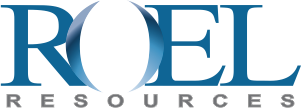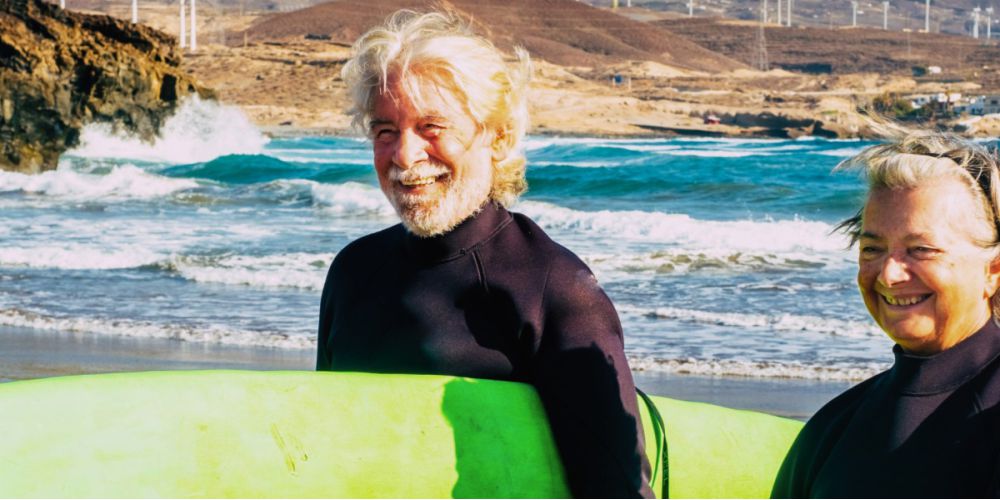Can We Stay on the Crest of the Age Wave?
As we begin the annual Older Americans Month, I remember well the first time I met Dr. Ken Dychtwald. It was 1989, and I was writing a cover story about older workers for the Business section of Newsday on Long Island, interviewing experts and several workers who talked about the frustration they felt being overlooked by employers—especially at a time when most companies, facing acute labor shortages, could ill afford to do so.
Dychtwald, the author of the best-selling book, “Age Wave,” and the founder of an acclaimed think tank specializing in aging issues, noted that the nation was experiencing a “senior boom.” Older workers were living longer; the baby-boom generation was turning forty-something; and the nation’s birth rate had been declining for decades.
“A young country is growing old,” Dychtwald told me. He foresaw a time when most older workers would routinely work longer and leave jobs in their 50s for entirely new career paths. “It will happen within the next decade,” he said. “We’re tiptoeing on the edge of the ice, testing the surface.”
Well, folks, we are now at center ice.
Ken Dychtwald was right—as he has been about many strikingly accurate observations in the field of aging. In the last 45-plus years, Dychtwald, who is a psychologist, gerontologist and author of 19 books, has emerged as America’s foremost thinker regarding the lifestyle, marketing, health care, economic and workforce implications of our aging society.
I’ve been to several of Ken’s numerous presentations over the years, watched his last PBS special “Sages of Aging,” and read a number of his books, including his recent memoir, “Radical Curiosity: My Life on the Age Wave.” You can hear him speak within a couple of weeks, when he will be participating in a webinar sponsored by the Gray Panthers NYC, “Energizing Action Against Ageism” on May 21st with Tracey Gendron, Chair of the Department of Gerontology at Virginia Commonwealth University and Jordan Evans, Co-Founder of Art Against Ageism. (Register for free at https://www.graypanthersnyc.org/.)
Since I began 45 Forward more than three years ago (conceived in the midst of the pandemic), I’ve hosted more than 150 guests, many of whom are riding Ken Dychtwald’s age wave. We share similar perspectives. And I’m grateful that they’ve supported my mission to offer “successful aging strategies,” helping people prepare for a healthy and productive life as they transition from middle age to elderhood. This journey—the bonus of newfound human longevity—is still a profound, unfolding stage of human development, full of opportunities, potential achievements, and exploration of unexpected, dynamic chapters. This month, for example, my guests include Ron Kaiser, an innovator in the field of positive health psychology, who has developed the concept he calls “Rejuvenaging” (the Art and Science of Growing Older with Enthusiasm.) “If I knew how much fun old age would be,” he says, “I’d have grown older faster.”
But longevity also raises a host of questions, many of which I’ve raised on my show. How do we meet the inevitable issues of health and wellbeing? What about financial security, retirement (or not), appropriate housing, caregiving needs, long-term care, and legacy planning—especially if we’re aging alone? And what is our evolving identity and sense of purpose at this stage of life?
These are just a few of the complex issues that require sustained focus and advocacy across generations, as well as across multiple sectors of society—government, business and nonprofits, together. Which is why I’m grateful that Ken Dychtwald continues to be a passionate and visionary force in the field of aging, pressing our nation’s leaders to recognize such issues—and do something about them. In a recent op-ed piece that appeared on Seniortrade.com, Dychtwald raised five big age-related questions that President Biden and Donald Trump must address:
1. At what age do you think that people today become “old”? And do you think of yourself as “old?”
2. Are you willing to make beating the diseases such as Alzheimer’s your “moonshot,” and commit whatever resources are necessary to help make our healthspans match our lifespans?
3. How would you avert mass poverty among the aging boomer generation, half of whom are already retired?
4. What would you do to wipe out ageism in America?
5. What is your biggest idea for what America’s nearly 70 million retirees could be doing to contribute more to our society?
Great questions!
Since the last Older Americans Month, I’ve gotten a year older, of course, but also a year wiser. I know that “older” is not the same as “old.” And when we’re older, it’s not over.
—Ron Roel


